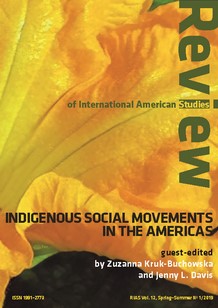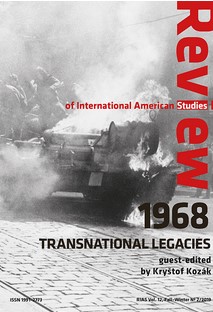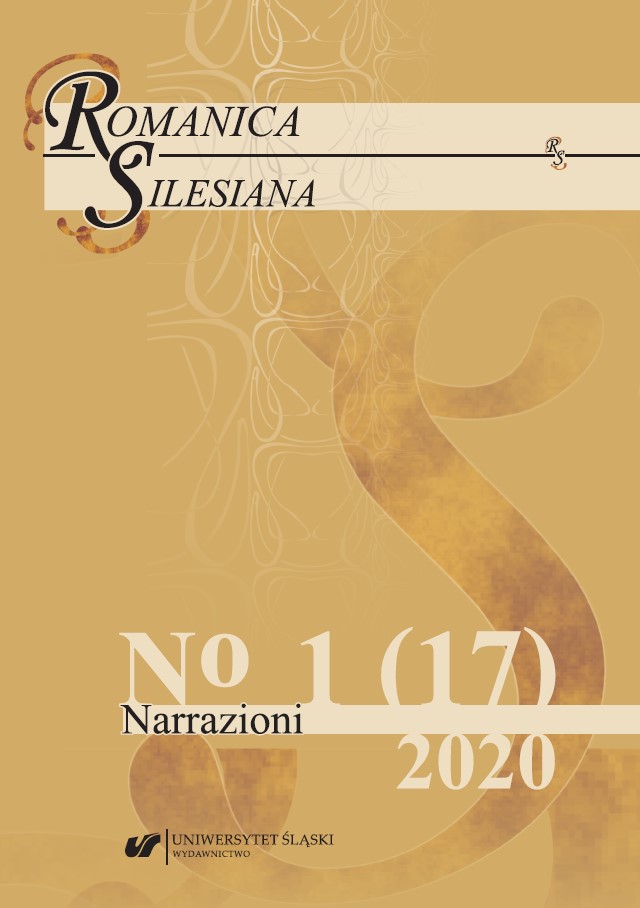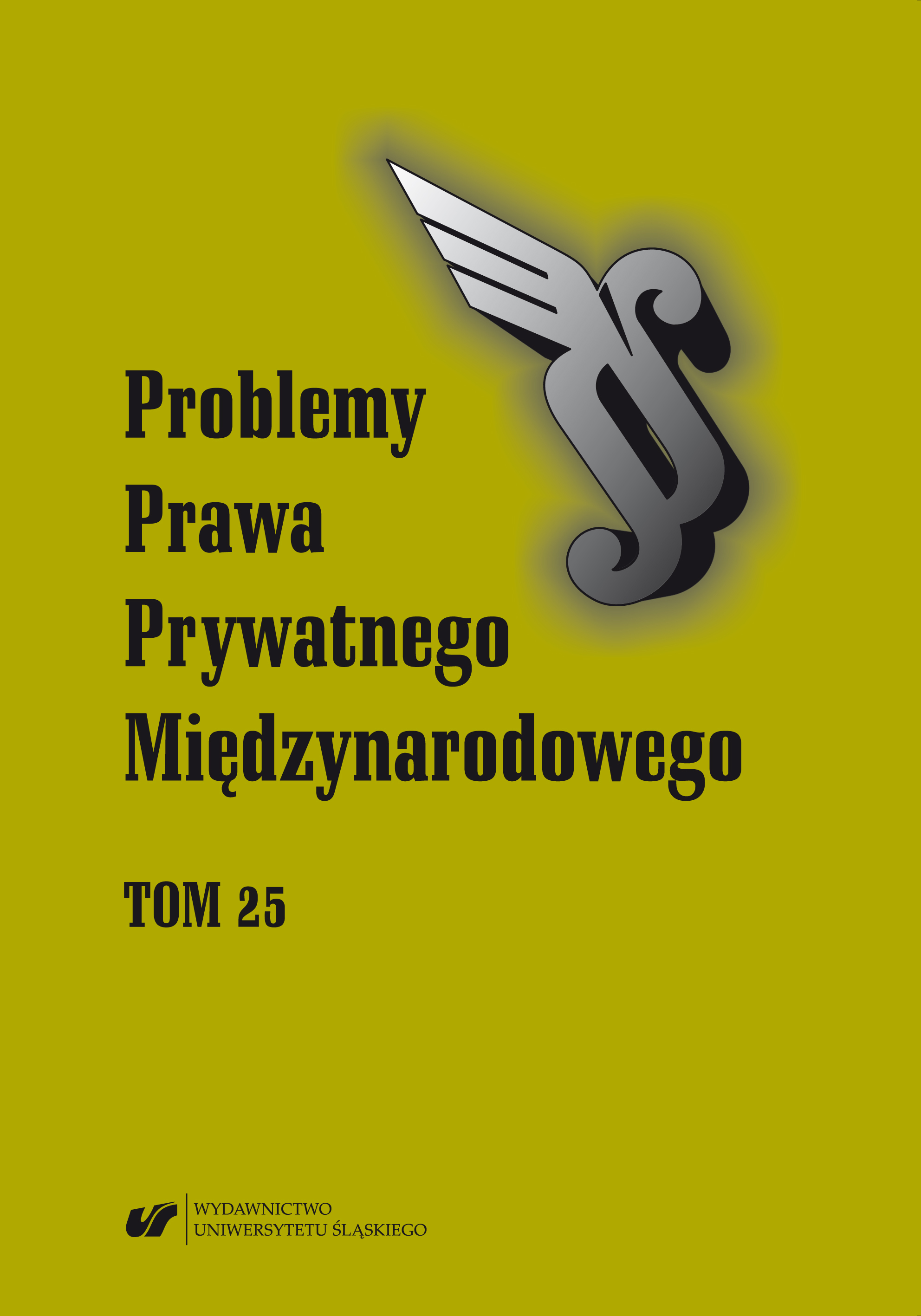
“Fires were lit inside them:” The Pyropolitics of Water Protector Camps at Standing Rock
The language of fire has sometimes been used in illustrative ways to describe how social movements spark, flare, and sometimes sputter out. Building on recent scholarship about protest camps, as well as borrowing language from environmental historians about fire behavior, this article draws from ethnographic research to describe the pyropolitics of the Indigenous-led anti-pipeline movement at Standing Rock—examining how fire was used as analogy and in material ways to support and drive the movement to protect water from industrial capitalism. Describing ceremonial fires, social fires, home fires, cooking fires, and fires lit in protest on the front line, this article details how fire was put to work in myriad ways in order to support the movement against the Dakota Access Pipeline (DAPL), and ensure social order and physical survival at the camps built to house supporters of the movement. This article concludes with descriptions of how these sparks ignited at Standing Rock followed activists home to their own communities, to other struggles that have been taken up to resist pipelines, the contamination of water, and the appropriation of Indigenous land.
More...


